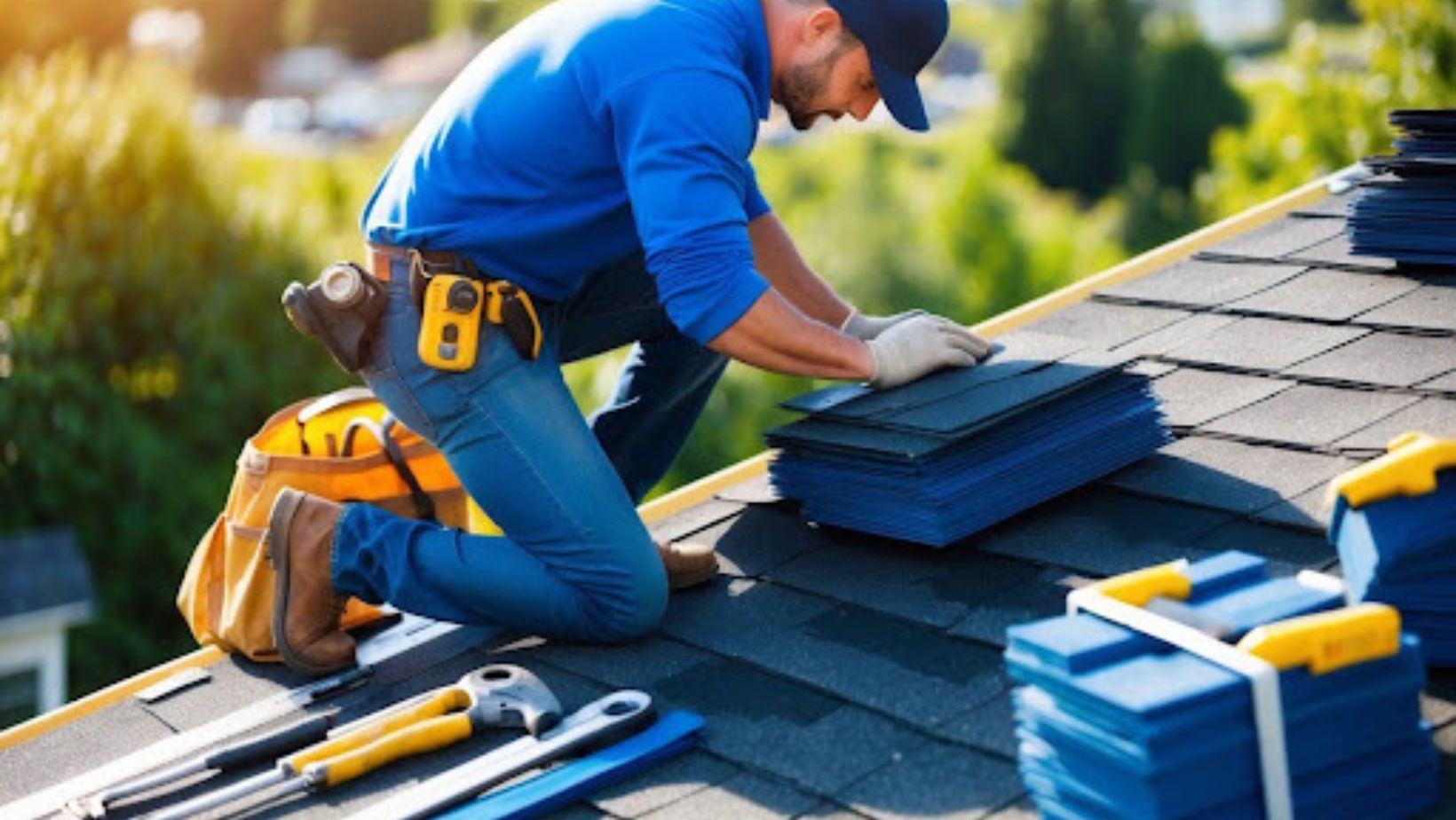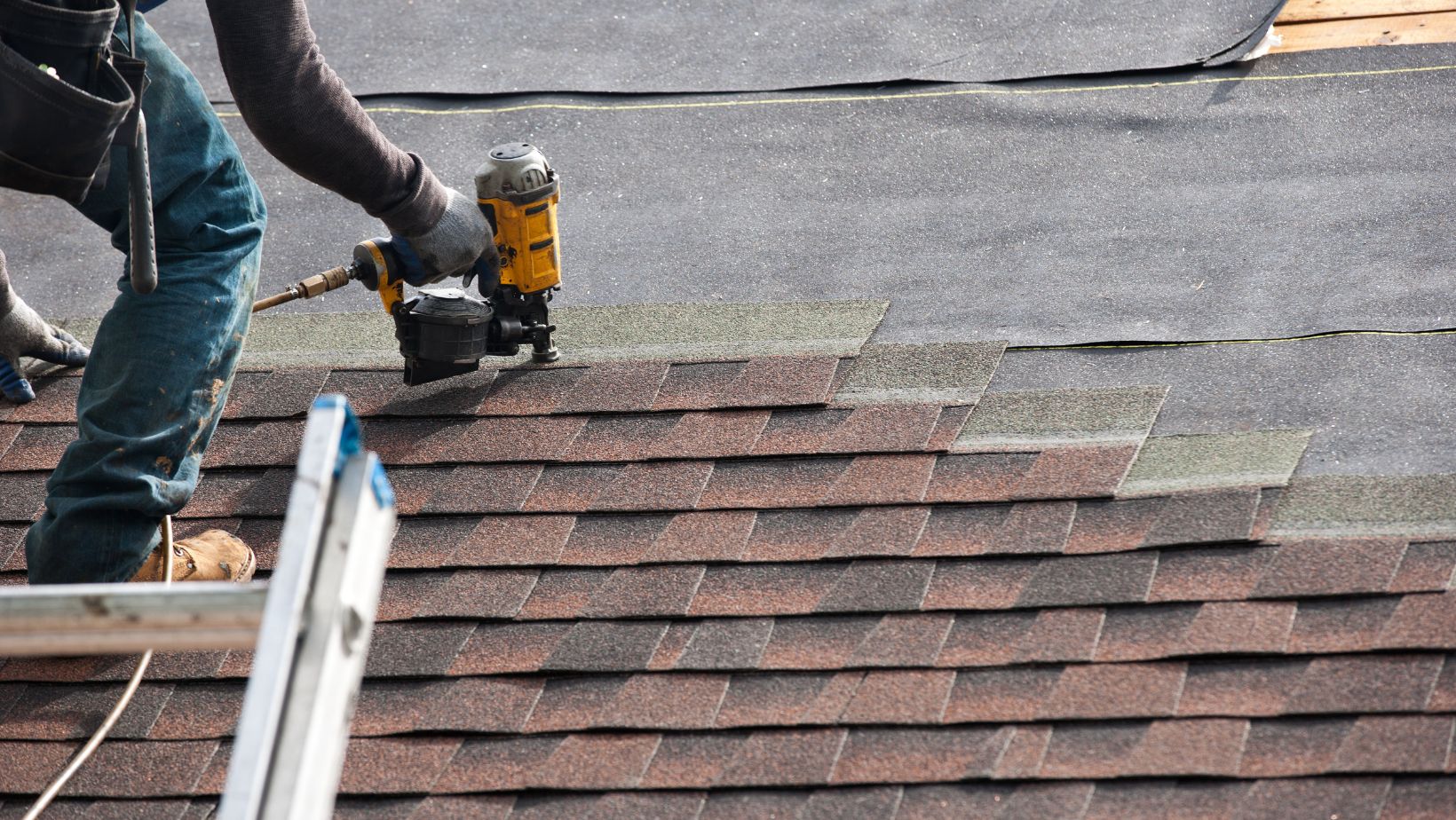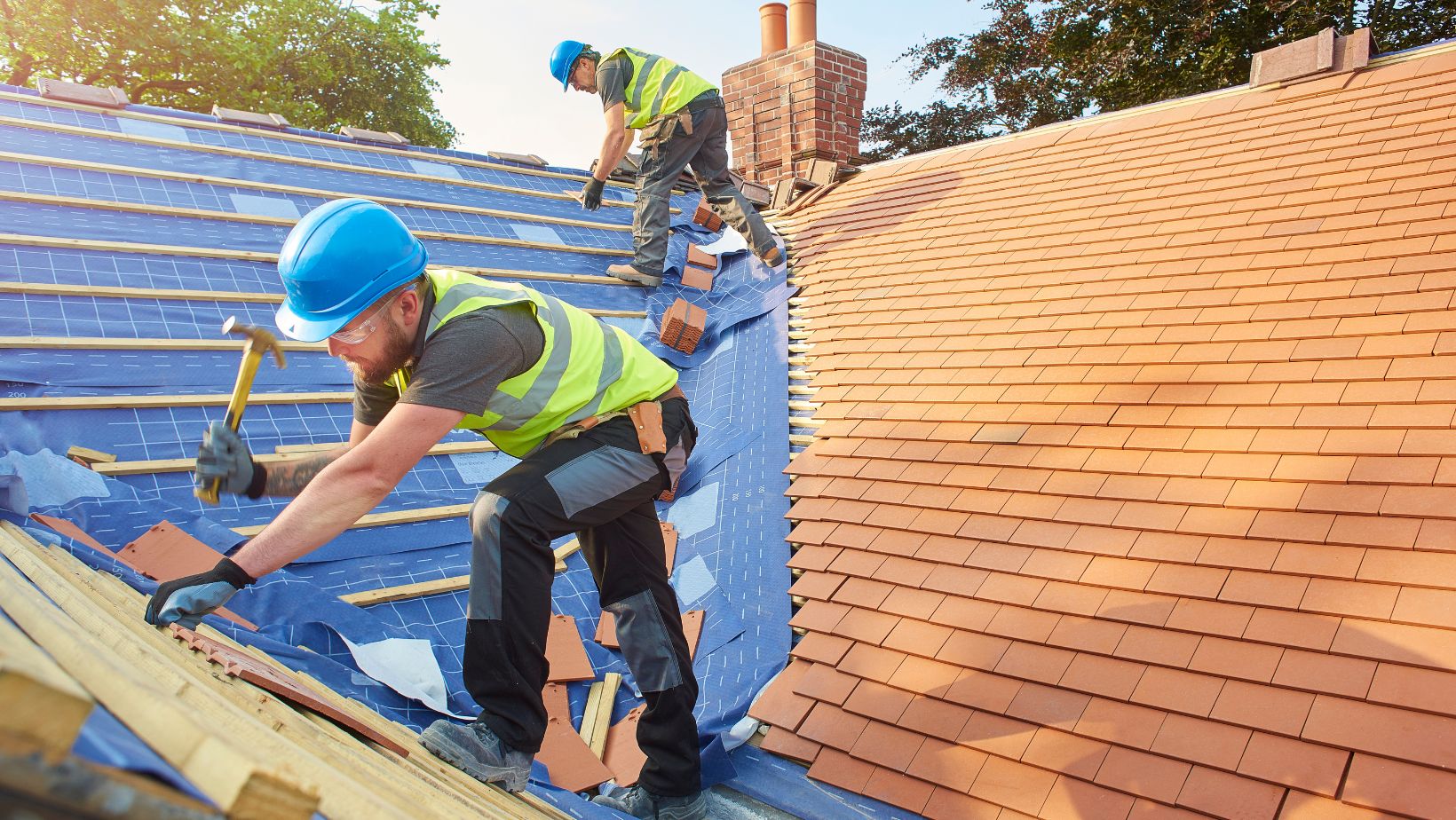
Shopping for a new roof can be overwhelming, especially when trying to find the best deals. Asphalt shingles are a popular choice due to their affordability and durability. To score the finest prices on asphalt shingle installation, homeowners should compare quotes from multiple contractors and look for seasonal discounts.
Choosing the right time to replace a roof can also lead to savings. Many contractors offer lower prices during the off-peak seasons when demand is lower. Homeowners can use this to their advantage, keeping an eye on offers that might arise during these periods.
In addition to timing, buying materials in bulk can sometimes result in cost reductions. Homeowners may consider joining forces with neighbors or others in their community to purchase larger quantities at discounted prices. This strategy often enables them to stretch their budgets further without compromising on quality.
Understanding Asphalt Shingle Roofing
Asphalt shingle roofing offers a popular and cost-effective option for residential properties. Key aspects to consider include the materials and their durability, as well as the different types of shingles available.
Materials and Durability
Asphalt shingles are predominantly made from a base of either organic material or fiberglass. Fiberglass shingles are more fire-resistant and lighter, while organic shingles offer better flexibility and resilience in cold climates.
Durability varies significantly, ranging from 15 to 30 years. Climate and weather conditions can impact longevity. Fiberglass tends to last longer in warm conditions, while organic may perform better in cold.
The shingle roof cost is heavily influenced by material quality. Fiberglass is often more cost-effective, although it typically involves a trade-off with durability in certain environments.
Types of Asphalt Shingles
There are three main types of asphalt shingles: three-tab, architectural, and luxury. Each type has distinct features to suit varying needs.
- Three-tab: These are the most basic and economical, featuring a flat appearance with minimal texturing. They are best for budget-conscious homeowners.
- Architectural: Also known as dimensional shingles, they add texture and a three-dimensional look. They offer better wind resistance and longer warranties.
- Luxury: These mimic the look of slate or cedar shake. They are thicker and more durable, providing a premium aesthetic at a higher cost.
Understanding these types helps homeowners make informed decisions based on their budget and aesthetic preferences.
Pre-installation Considerations
Before installing new asphalt shingles, it’s crucial to evaluate the existing roof, select a reputable contractor, and prepare adequately for the installation process. These steps ensure a smoother process and long-lasting results.
Assessing Your Current Roof
Begin by evaluating the current roof’s condition. Look for signs of wear such as missing shingles, leaks, or sagging areas. Assessing the roof’s ventilation is also important because improper ventilation can lead to moisture buildup and shingle damage.
If uncertain about any assessment, it may be beneficial to consult a professional. They can provide insights into the roof’s lifespan and whether simple repairs or complete replacement is necessary. A thorough inspection helps determine the exact requirements for a successful installation.
Choosing a Reputable Contractor
Researching and selecting a dependable contractor is vital. Look for licensed and insured contractors with verifiable experience in asphalt shingle installation. Checking online,analysis,references, and Better Business Bureau ratings can help in choosing wisely.
Clear communication with contractors about expectations, timelines, and any specific requirements is essential. Obtain multiple quotes to compare not just prices but also services offered. A trustworthy contractor should provide a detailed written estimate outlining everything included in the project.
Preparing for Installation
Preparation involves clearing the work area and ensuring there are no obstacles that might interfere with the installers. Protect outdoor items like patio furniture or decorative plants that might be affected during the installation process.
It’s also advisable to inform neighbors about the upcoming work, as there might be noise or increased activity around the property. Make arrangements for pets and children to keep them safe during the installation phase. Ensuring these preparations are in place can significantly streamline the roofing process.
Cost Factors for Asphalt Shingle Installation
Investing in a new asphalt shingle roof involves a variety of cost considerations. These include material costs, labor fees, and additional expenses that may arise during the installation process.
Material Costs
The cost of materials significantly impacts the price of installing asphalt shingles. Prices can vary based on quality and type. Standard asphalt shingles tend to be more affordable, while architectural and premium shingles might be more costly. Average costs range from $90 to $100 per square (100 square feet), but high-end materials can exceed this amount.
Selecting the right material is crucial for budget-conscious homeowners. Price isn’t the only consideration—quality determines durability and longevity, which affect long-term expenses. Proper planning and research into available shingle options will help manage material costs effectively.
Labor Costs
Labor costs form a substantial part of total expenses when installing a shingle roof. These costs often reflect the complexity of the installation, including roof pitch and accessibility. Contractors may charge anywhere from $1.50 to $5.50 per square foot, influenced by regional labor rates and demand.
Understanding the project’s labor component helps in negotiating a fair price. It’s advisable to get multiple quotes from different contractors to compare services and prices. Certification and experience also play crucial roles, as skilled professionals can ensure quality installation, reducing potential future repair costs.
Additional Expenses
Additional expenses can include disposal fees for old roofing materials, permit charges, and potential upgrades or repairs. Disposal fees can add a few hundred dollars to the total cost, especially if old shingles need a landfill.
Permits, often required by local governments, usually cost $50 to $300. If upgrades like underlayment and ventilation systems are needed, they can drive up costs. Although these extras might increase upfront expenses, they improve the roof’s performance and longevity, potentially saving costs in the long run.
Unforeseen repairs to the roof deck or structure can further increase expenses and should be considered when budgeting for the project.
Maximizing Your Investment
Investing in a new roof can be significant, so it’s crucial to make choices that provide long-term value. Finding deals and ensuring proper maintenance and warranty are key components of maximizing your investment.
Finding Deals and Discounts
Discovering promotions and discounts can significantly reduce costs. Homeowners should explore local hardware stores or roofing suppliers for seasonal sales. Often, these businesses offer special promotions that can cut down expenses.
It’s wise to consider bulk purchasing if you’re involved in larger projects. Some retailers might provide better deals for larger orders. Additionally, contacting roofing contractors directly might reveal exclusive offers that are not advertised.
Online platforms and roofing forums are excellent sources for information on where to find the best deals. Comparing quotes from multiple contractors will also ensure competitive pricing.
Maintenance and Warranty
Maintenance is vital for prolonging the life of an asphalt shingle roof. Regular inspections to check for potential damages help in addressing minor issues before they escalate. Cleaning the roof, especially after harsh weather, prevents debris buildup that can damage shingles.
Warranties offer peace of mind, but it’s essential to understand their terms. Different manufacturers provide various warranty options. Homeowners should pay attention to what damages are covered and the duration of the warranty.
Engaging a certified contractor for installation often plays a crucial role in the validity of the warranty. Proper documentation and regular maintenance can also affect warranty claims, making it essential to keep records organized.





